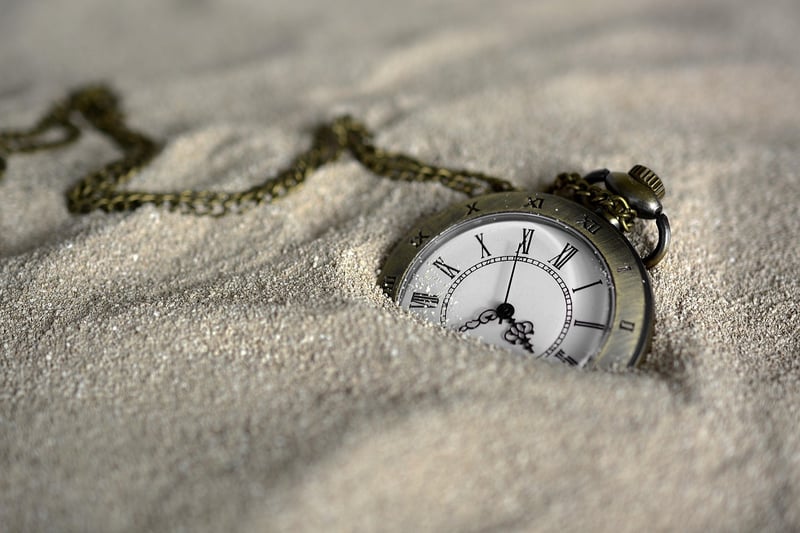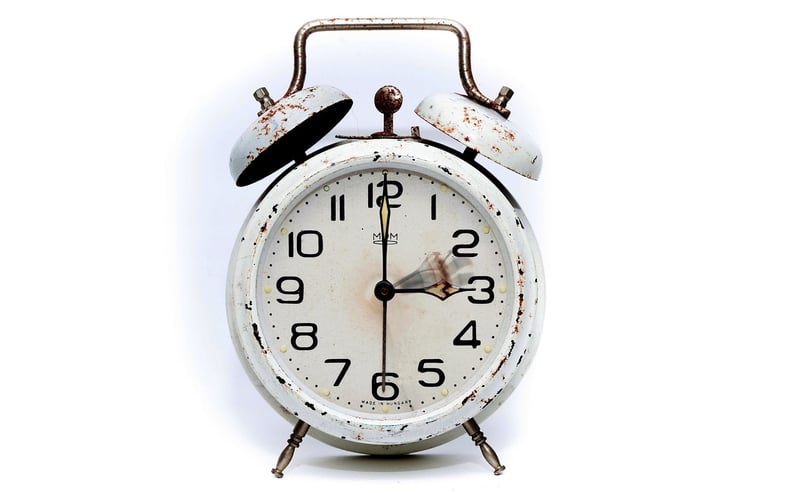Altering History
Unravel Time Conundrums and Altering History
Time travel has been a popular concept in science fiction, captivating audiences with the idea of changing the course of history or unraveling time conundrums. While time travel remains a theoretical possibility, the consequences of altering history raise intriguing questions and dilemmas.
The Grandfather Paradox
One of the most famous time travel conundrums is the Grandfather Paradox. This paradox posits a scenario where a time traveler goes back in time and prevents their grandfather from meeting their grandmother, thus preventing their own birth. This leads to a logical paradox - if the time traveler was never born, how could they have traveled back in time to prevent their birth?
Butterfly Effect
Another concept associated with altering history is the Butterfly Effect. This theory suggests that even small changes in the past can have significant and unforeseen consequences in the future. A seemingly insignificant alteration could lead to a chain reaction of events with far-reaching implications.
Time Loops and Causality
Time loops, where events are caught in a repeating cycle, further complicate the idea of altering history. The question of causality - whether changing the past can fundamentally alter the present and future - adds a layer of complexity to the time travel narrative.
Exploring Time Travel in Fiction
Many works of fiction have delved into the intricacies of time travel and altering history. From classic novels like H.G. Wells' "The Time Machine" to modern films like "Back to the Future" and "Looper," the exploration of temporal manipulation continues to fascinate audiences.
Conclusion
While the idea of altering history through time travel sparks imagination and curiosity, it also raises philosophical and ethical questions. The implications of changing the past are vast and unpredictable, highlighting the delicate balance of cause and effect in the fabric of time.


